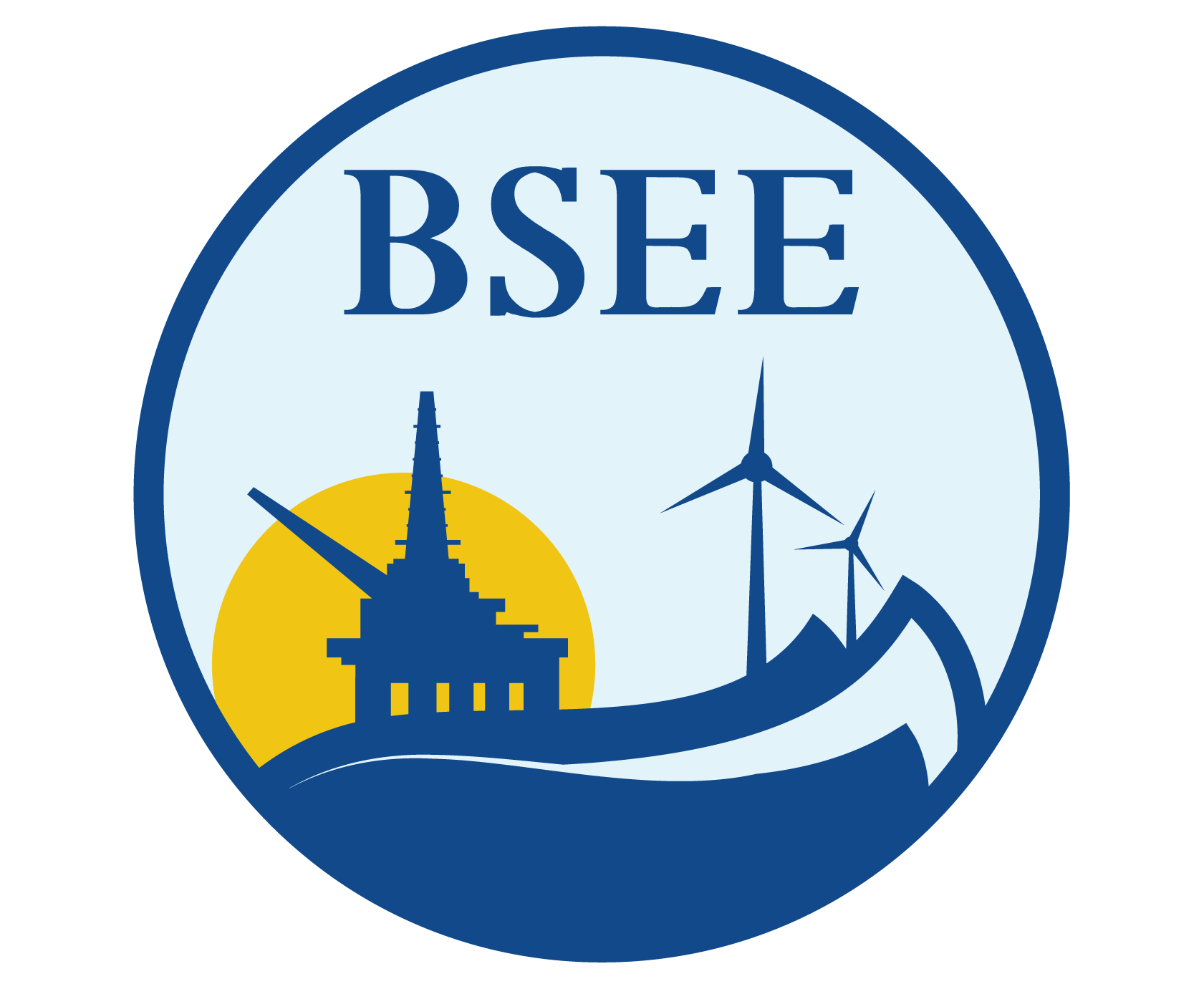Regional Synthesis of the Sedimentary Thermal History and Hydrocarbon Maturation in the Deepwater Gulf of Mexico
The goal of this project, in Phase I, was to construct regional models for the sedimentary thermal history and hydrocarbon maturation in the Deepwater of the Gulf of Mexico.
